Our Location
Islamabad, Pakistan
It’s understandable why so many people consider India to be on their bucket list! Mumbai and Varanasi provide a diversified scenery, vibrant festivals, and fiery cuisine that are incentive enough to pack your bags and travel there.
India has an expansive history that spans multitudinous ages. History is separated into three sections medieval, ancient, and ultramodern. It explains the style, when, and where of the development of its original culture.
The Indus Valley Civilization’s establishment and the entrance of the Aryans mark the launch of Indian history. Throughout Indian history, several fiefdoms have come and gone.
In history, several monuments were constructed and demolished. The remnants of Indian history include Qutab Minar, the Taj Mahal, the Red Fort, and so on. The fact that history reprises itself must continuously be kept in mind.
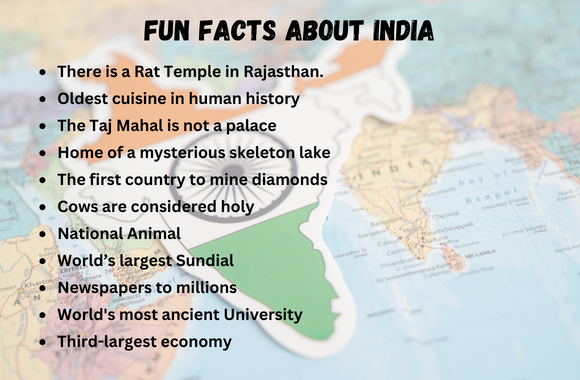
Whether you’ve never been to India or are just captivated by it, these 10 fun facts about the Indian nation may surprise you.
Let us explain these fun facts one by one;
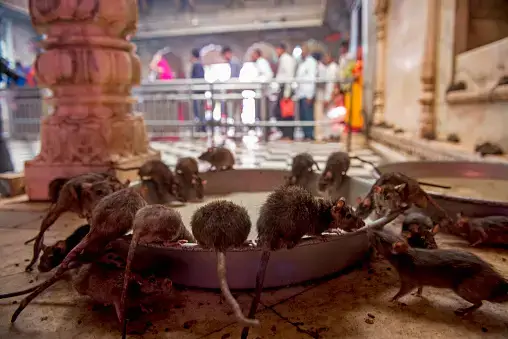
The animal wonders of India continue.
Thousands of rats call the temple home, making it one of the most unique attractions in Rajasthan and all of India.
Since many pilgrims make their pilgrimages to the temple each year, you must show respect for native customs when you are there.
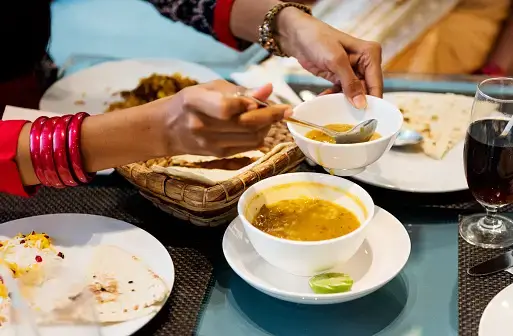
Indian food is maybe the oldest food to be constantly created in human history.
Naturally, the cuisine that we refer to as “Indian food” in our native nation differs greatly from region to region.
There are many diverse meals to eat while visiting the nation, from the Goan cuisine with Portuguese influences to the Punjabi tandoori ovens.
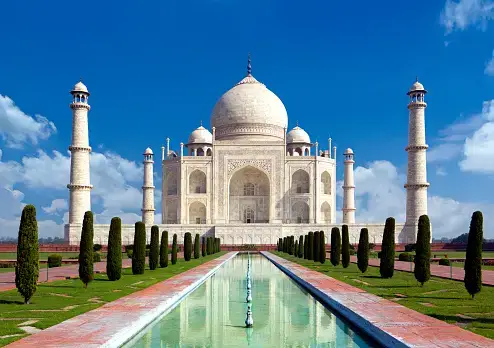
Among the Seven Wonders of the World, the Taj Mahal is a testament to love and architectural genius. It was built by Emperor Shah Jahan in 1632 as a mausoleum for his late wife Mumtaz Mahal.
The magnificent building in Uttar Pradesh, India, displays the magnificence of Mughal Empire workmanship with its 28 distinct kinds of precious stones that are imported from Tibet, China, Sri Lanka, and other regions of India.
The Taj Mahal is still a symbol of exquisite architecture and timeless beauty today.
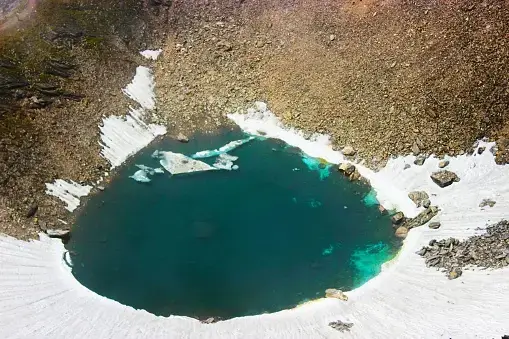
The glacial Lake Roopkund, situated at an elevation of around 16,470 feet in the Himalayas, has gained notoriety due to the discovery of human bones in the lake and its environs.
The skeletons are believed to be the remains of 9th-century individuals who died in a powerful hailstorm.
Since the fourth century BC, or over a millennium ago, India has been the world’s primary supplier of diamonds. The Andhra Pradesh region’s Krishna River Delta is home to pristine diamonds.
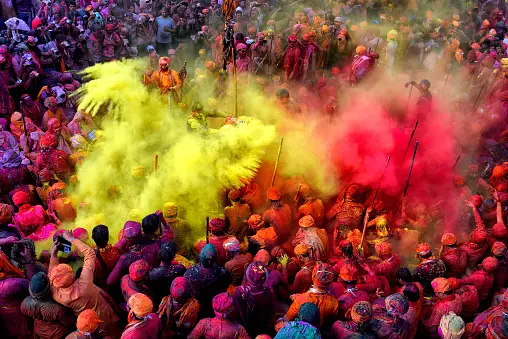
Before visiting India, you’ll need to make some dietary changes if hamburgers are a staple! The Constitution provides special protections for cows, hence it is illegal to slaughter one.
Cows are free to go anywhere they choose without worrying about being bothered by people, even on congested city streets.
The origins of this board game are in India. It was first designed to impart morality and karma principles in a way that young children could understand and retain.
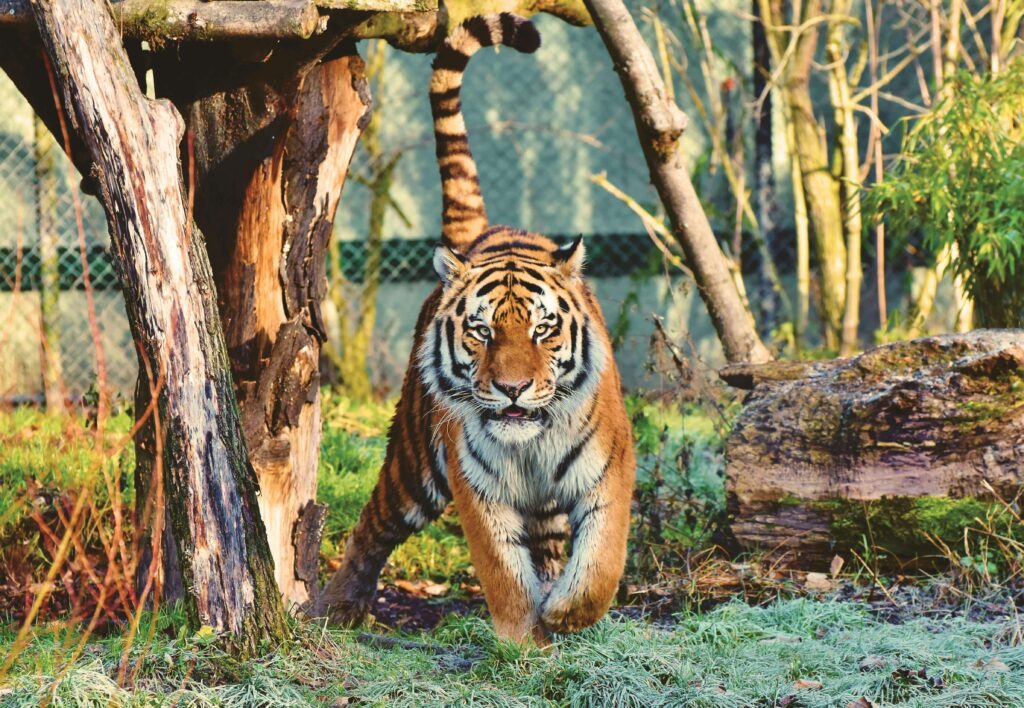
The national animal of India is the Bengal tiger. In 1972, it was chosen as India’s national animal.
For those wishing to get a look, the highest concentration of Bengal tigers is found in Corbett Tiger Reserve, closely followed by Karnataka’s Bandipur National Park.
Standing a majestic 27 meters (90 feet) tall, the sundial in Jaipur is the biggest in the world.
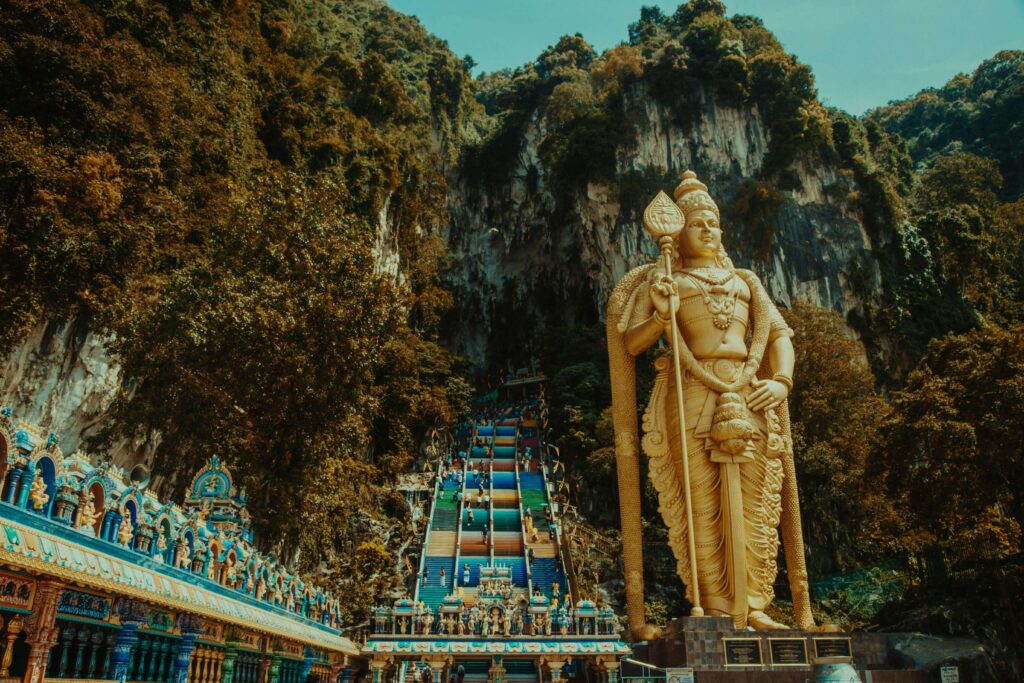
The world’s oldest religion is regarded as Hinduism.
Hinduism has no known creator, and since it is a lifestyle nobody is concerned about finding out.
Hinduism is currently practiced by over a billion people worldwide, making it the third biggest religion.
In terms of gods, Hinduism is not a monotheistic religion. Hindus hold that there is only one deity, Brahma, who takes the form of thousands of other gods.
The Trimurti is composed of two more gods in addition to the primary deity, Brahma. The cosmos was created by Brahma, Vishnu preserves it, and Shiva destroys the world to reconstruct it.
According to our list of interesting facts about India, did you know that it is the second-biggest English-speaking nation in the world? And so it is! Aside from the 400 languages and dialects, English is the primary language spoken in the nation.
With over 100,000 publications and 1300 million readers, India is the second-largest newspaper market globally.
One of the oldest colleges in the world is being restored in the little Bihar town of Nalanda. When a sizable Buddhist monastery flourished on the site in the fifth century CE, it was initially created as a center of study.
When it is finished in 2021–2022, the new Nalanda International University will provide postgraduate courses in a broad range of areas.
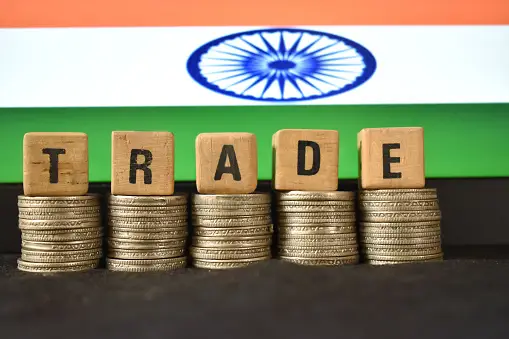
In terms of buying power, which is determined by comparing standards of living and economic productivity, India has the third-largest economy in the world.
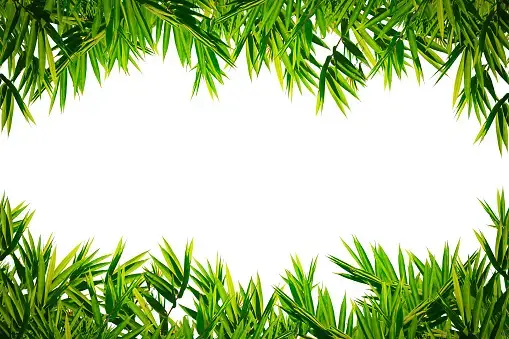
The Taj Mahal remains one of the nation’s most revered and significant landmarks, despite its color shifting.
During World War II, the bamboo frame was used to cover the whole palace, keeping bomber aircraft flying overhead unaware of the actual structure.
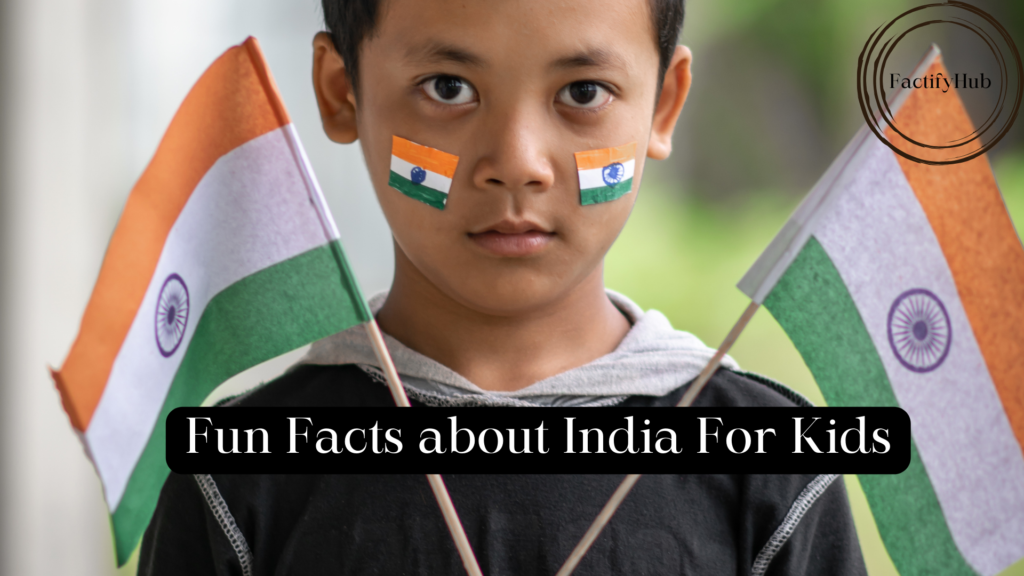
India is the world’s greatest producer of spices.
Varanasi is the oldest populated city in the world.
The gravity-defying magnetic hill.
India ranks third because of the large number of billionaires living there.
The world’s largest vegetarian population.
The word “shampoo” originated in India.
It also has the most post offices worldwide.
India features 26 recognized holidays.
Six Seasons Are Recognized in the Hindu Calendar.
Tea is the national beverage of India.
The sea level is the highest point on it.
It is surrounded by 16 African and 18 Asian nations altogether, and it is made up of 57 islands.
Out of the five oceans in the world, this one is the hottest.
It makes up 20% of the water surface on Earth.
One of the hottest chilies in the world, bhot jolokia, is native to India.
More than 200 Indian desserts exist.
Known sometimes as magic or forbidden rice, black rice is a food that can only be found in China and India.
A Cook’s Credibility Is Frequently Determined by Their Curry.
The world’s capital of spices is India.
It is the home of rice, which grows in incredible varieties including sticky, brown, red, white, and even black.
With the second-largest population, it serves as the state capital.
Indianapolis has a long history in the sports world.
It was in Indianapolis that sliced bread was first created.
One of Indiana’s oldest taverns is located there.
The White River was supposed to serve as a key transportation hub by city designers.
The first state with a chapel housed within its capital is Indiana. In honor of former first lady Beth Bowen, it was constructed.
The 19th state to join the union was Indiana.
The state seal was formally established in 1963, however, it has been in use since 1801. This seal’s meaning is “how the early people of Indiana overcame the wilderness.”
Gold and blue are the state colors.
Adopted in 1937, “The Crossroads of America” serves as the state motto.
Our list of the above fun facts about India was compiled from all corners of this vast nation, which is full of wonders, from its people and culture to its natural scenery and achievements in the economy.